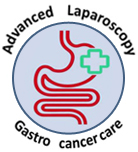Specialty Surgery
What is GI surgery?
GI surgery, otherwise called Surgical Gastroenterology is a superspeciality dealing with diseases of the abdominal organs, mainly involved in nutrition and digestion of food which may require surgical management most of the times. M.Ch /DNB (Surgical gastroenterology) are the courses recognized by Medical Council of India for this superspeciality and can be registered with them. As eating a normal diet with a good digestion is essential for everyone, even non critical diseases require a proper diagnosis and treatment.
Why to consult GI surgeon / Surgical Gastroenterlogist?
The 3 year rigorous training involved in the course focuses only on the disorders of the digestive (Gastrointestinal) system. Hence they are very experienced in dealing with them as they are well-versed in their presentation, diagnosis and treatment. They are actively involved in the surgical procedures in large numbers pertaining only to the abdomen and manage them postoperatively. They recognize and manage complications early, if arise, as they have the immaculate capacity to identify and treat them.
When to consult a GI specialist?
The common symptoms which may require a consultation of GI surgeon are
- Abdominal pain
- Indigestion / Reflux of food
- Recurrent Vomiting / blood vomiting
- Abdominal bloating or distension
- Any swelling in the abdomen / groin
- Jaundice
- Blood / mucus in motion
- Altered bowel habits (Constipation / Diarrhoea)
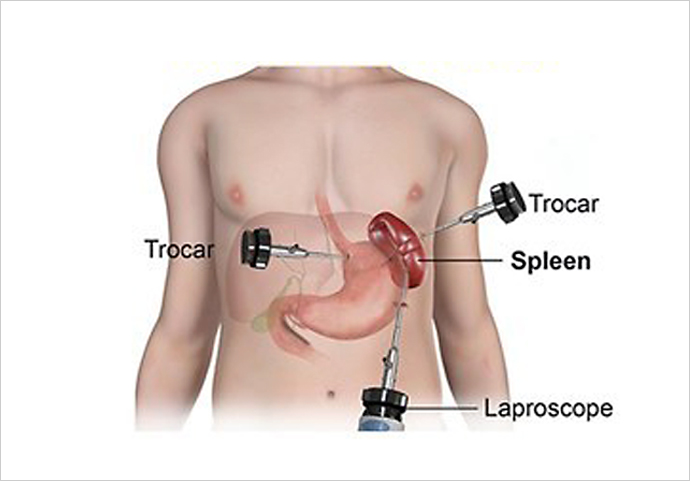
- Hernia repair
- Cholecystectomy & CBD exploration
- Fundoplication
- Hellers cardiomyotomy
- Appendicectomy
- Liver abscess / cyst drainage
- Splenectomy
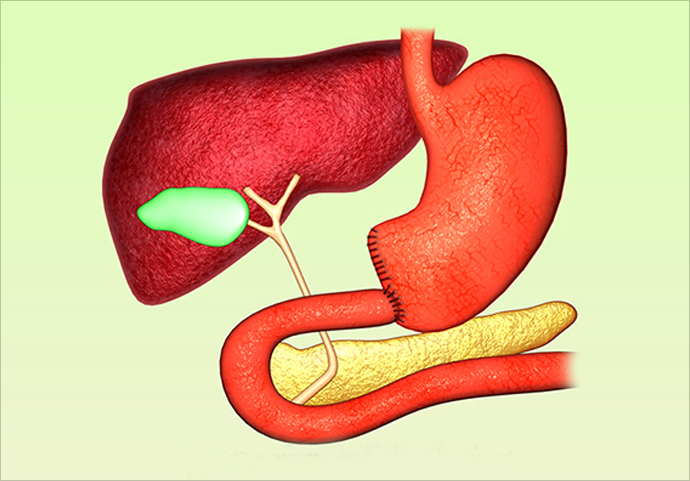
- Cancer esophagus
- Stomach cancer
- Colonic cancer
- Rectal cancer
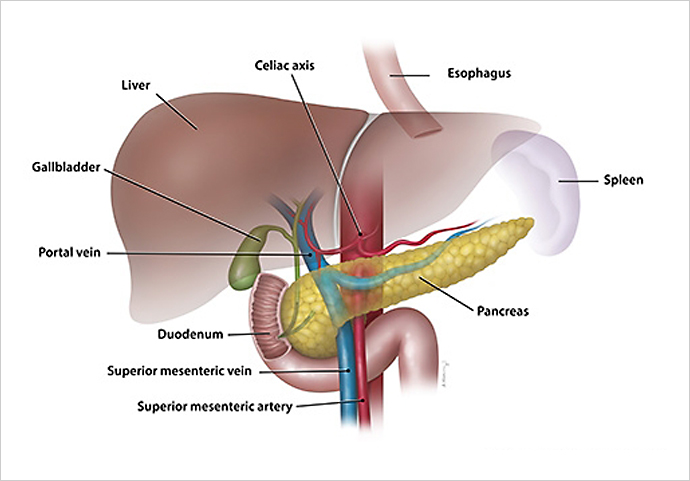
- Acute pancreatitis
- Chronic pancreatitis
- Pancreatic cancer
- Biliary stricture
- Choledochal cyst
- Liver cancer
- Gallbladder cancer
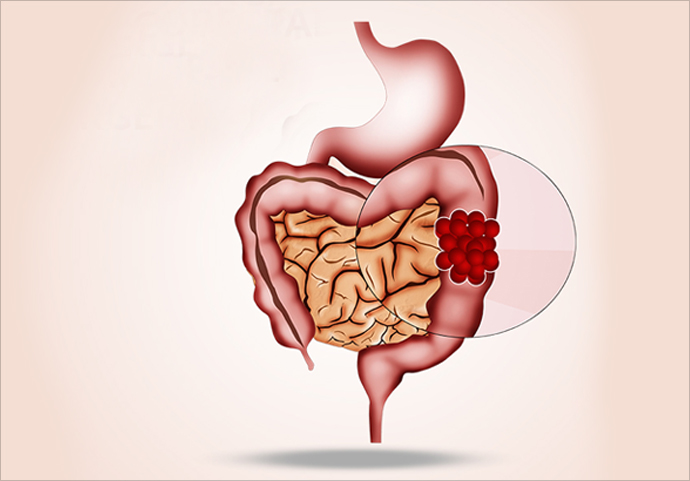
- Ulcerative colitis
- Diverticular disease
- Fistula in ano
- Fissure in ano
- Haemorrhoids
- Rectal prolapse
- Obstructed defecation syndrome
